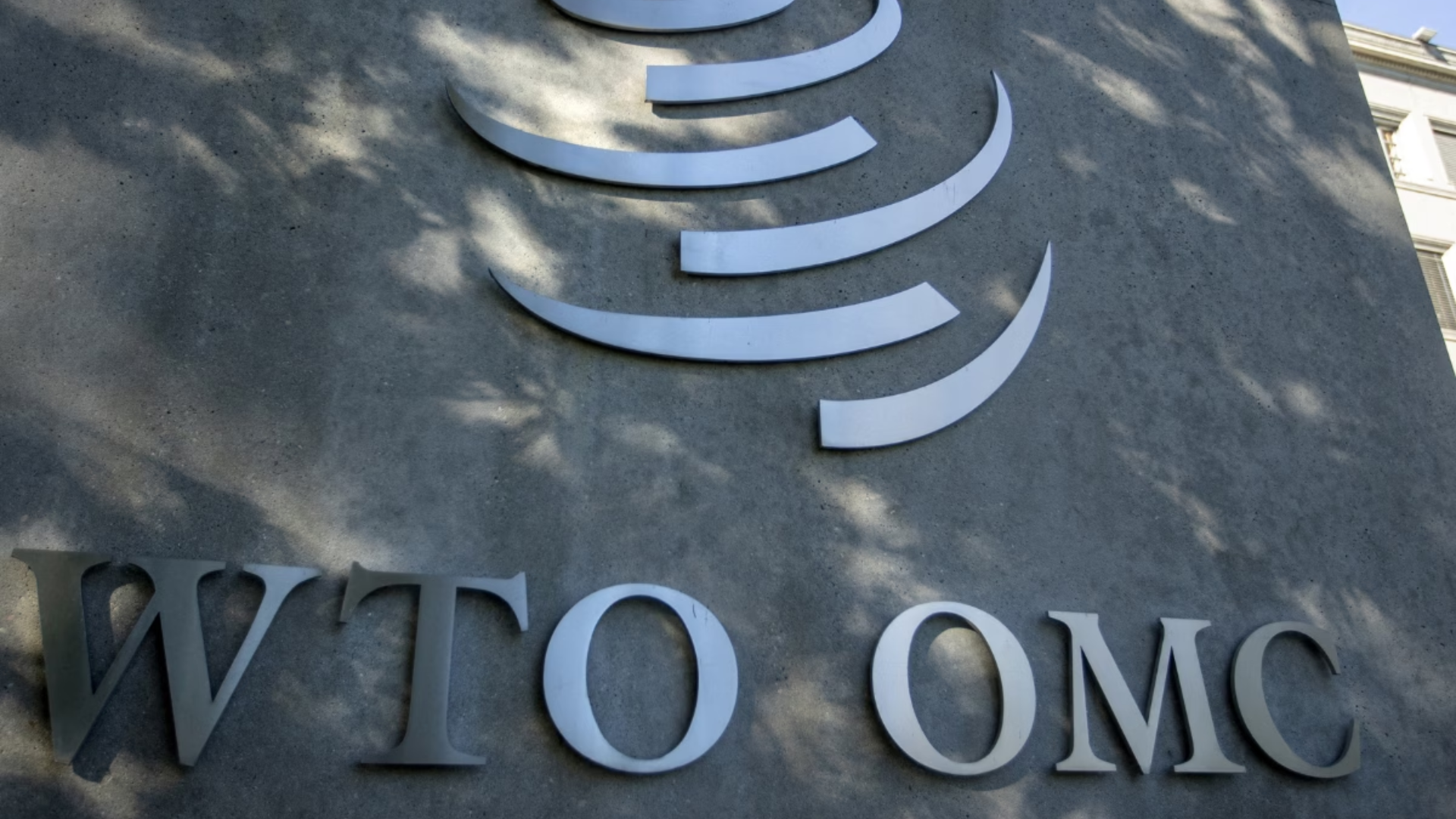The ongoing discussions at the World Trade Organisation’s (WTO) 13th Ministerial Conference (MC13) have entered their fifth day, with member countries engaging in intense negotiations on key issues including agriculture, fisheries subsidies, the e-commerce moratorium, and the dispute settlement process. In a significant development, India and South Africa have jointly opposed the inclusion of the China-led Investment Facilitation for Development (IFD) proposal in the conference’s outcome document, highlighting the contentious nature of negotiations and the complexities of reaching a consensus among member nations.
Union Commerce and Industry Minister Piyush Goyal articulated India’s stance, emphasizing the country’s commitment to principles of fairness and justice. Goyal underscored the importance of ensuring that WTO decisions align with the interests of India’s farmers and fishermen, and contribute towards achieving Sustainable Development Goals (SDGs), alleviating poverty, and promoting a high quality of life and ease of living for Indians. Furthermore, he stressed the necessity of fostering robust and rapid growth during India’s ‘Amrit Kaal,’ a term referring to an auspicious period for transformative growth.
A key demand from India at the conference is the restoration of the appellate body, a crucial component of the WTO’s dispute resolution mechanism. This restoration is sought to address complaints regarding the non-implementation of WTO resolutions, thereby ensuring compliance with the organization’s decisions. Additionally, India is advocating for a permanent solution to the public stockholding issue, which is essential for the country’s food security programs.
In the realm of fisheries, India has reiterated its stance on promoting responsible and sustainable practices, reflecting the traditional ethos of its vast fishing community. The Indian delegation insists that any agreement on fisheries subsidies must safeguard the livelihoods and welfare of fishermen who rely on marine resources.
Another significant aspect of India’s negotiation strategy is its call to end the moratorium on imposing customs duties on electronic commerce trade. This stance highlights the broader debate on digital trade regulations and the need for equitable rules that consider the developmental needs of different countries.
Goyal’s remarks on Wednesday shed light on India’s role as a consensus builder within the WTO, despite challenges posed by divergent interests among member countries. His comments suggest that India is keen on playing a constructive role in shaping a fair and equitable international trade environment, even as it navigates the complex dynamics of global trade negotiations.


















